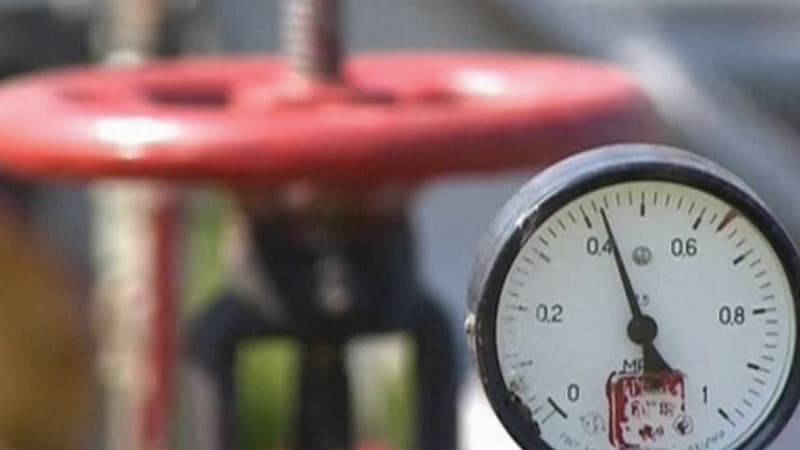European natural gas continued its decline on Monday, weighed down by the increase in temperatures that destroyed demand, while oil remained stable, awaiting the resumption of crude exports from Iraqi Kurdistan.
Around 09:30 GMT (11:30 in Paris), the Dutch TTF futures contract, considered the European benchmark, moved to 32.91 euros per megawatt hour (MWh), shortly after reaching 31.65 euros per MWh, a new plus low. for almost two years.
“Demand is declining as the weather gets warmer,” explain Energi Danmark analysts, who expect “more losses in the coming months.”
Since the beginning of the year, European natural gas has fallen by almost 57%, but continues to evolve at high levels compared to previous years. In 2020, gas fluctuated around 15 euros per MWh.
-57% in one year for gas
“A heat wave in Europe or Asia could increase the demand for gas for (air conditioning) and modify the evolution,” they warn, however.
There was little market reaction on Monday to an FT article on Sunday claiming that the G7 countries and the European Union will ban gas imports through Russian pipelines, citing sources involved in the current negotiations.
Russia had already cut supplies in 2022, driving the price of European natural gas to extreme levels, close to its all-time record of 345 euros per MWh reached shortly after the start of the Russian invasion.
If the FT’s information turns out to be correct, it would be “the first time that Western powers have blocked pipeline gas trade since the invasion of Ukraine”, say DNB analysts, who point out, however, that it would be an operation “highly symbolic”. ” extent.
Before the start of the war in Ukraine, Russia supplied around 40% of European gas imports, compared to less than 10% today according to DNB estimates.
“While these measures are unlikely to have any immediate effects on gas flows, they underscore Brussels’ deep determination to break free quickly, but painfully, of decades of dependence on Russian energy,” the analysts explain.
The oil should rise
Meanwhile, oil was flat on Monday, with investors awaiting IEA (International Energy Agency) demand estimates and a possible recovery in Kurdistan crude exports.
A barrel of Brent from the North Sea, for July delivery, rose 0.24% to $74.35.
Its US equivalent, a barrel of West Texas Intermediate (WTI), for June delivery, gained 0.34% to $70.28.
Iraq is still waiting for a “final agreement” with Turkey before it can resume oil exports from Kurdistan, interrupted for more than a month, the government of the autonomous region announced Monday.
The Iraqi federal government had announced the resumption of exports as of May 13, but the authorities of autonomous Kurdistan, in northern Iraq, then tempered this optimism.
On the consumption side, despite the “reigning alarmism”, Stephen Brennock, an analyst at PVM Energy, points out that the Organization of the Petroleum Exporting Countries (OPEC) has maintained its growth forecasts for global demand.
Investors are now awaiting the IEA’s updated demand forecasts, due to be released on Tuesday.
Stephen Brennock recalls that “the short-term demand situation remains positive”, with the arrival of the summer months marked by a strong seasonal demand for fuel.
Source: BFM TV


